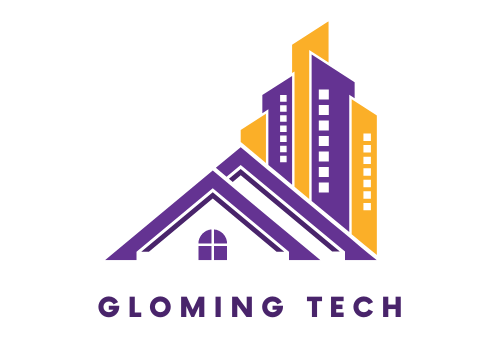Challenges are the constant companions to the construction industry, with the likes of variability in timelines, price variations, and competing workforce among a few. Despite these, the importance of estimating the project accurately cannot be ignored. Project appraisal is a key component of project risk management because both over and underestimating project costs can result in losses, underperformance, and client dissatisfaction.
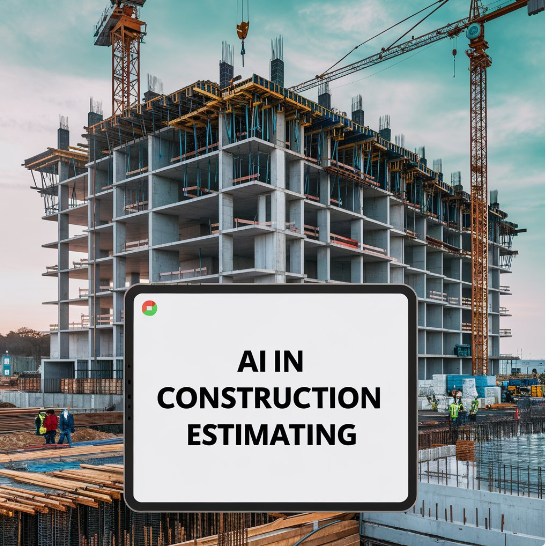
The Need for Accurate Construction Estimating
Construction is normally executed as a series of activities whose occurrence and resources are planned in advance. Estimating is the activity of projecting the costs and resources requisite for a project within a given scope and time. The conventional ways of estimation are usually performed with the help of historical records, personal experiences or simply via mental mathematics which is often quite burdensome and error-prone in many cases.
Underestimated costs can have dire consequences:
Cost Overruns: Probably the commonest cause of most, if not all, budget overruns is the underestimation of costs. Failure to observe budgetary provisions often leads to further complications in the scheduling of activities in a project.
Loss of Bids: Estimates that are too high relative to whether hardest bid prices are usually the cause of most losses to bid competition or a failure to secure most of the contracts due to underbidding.
Resource Mismanagement: Under the above mentioned circumstances it is clear that accurate estimates are essential for the efficient management of resources involved in a project.
AI is poised to displace the standard audit estimations and ‘guessing’ explanations that will improve business performance.
How AI is Transforming Construction Estimating
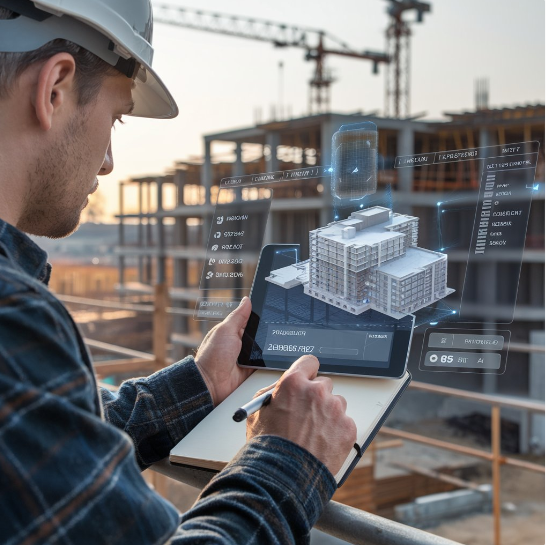
1. Automated Quantity Takeoffs
An area which is time-consuming within construction estimating is quantity takeoff wherein estimators work with project plans to define how much of materials and labor is required. This task can be executed by AI software that can use machine learning and computer vision to view digital blueprints and estimate many construction quantities. This both enhances the speed at which estimates are made and lessens the chances of making mistakes.
2. Predictive Analytics for Cost Estimation
Looking at the past projects, AI can learn and highlight the cost breakdowns of every detail and trends. AI can analyze the historical projects and other factors to help estimate the construction costs especially when there is a uniqueness in the project such as its type, scope, location and market conditions. This predictive ability ensures that as more data is made available, time and costs estimates can still be adjusted to fit the current situation; for instance how much the labor or even material will cost.
3. Integration with Building Information Modeling (BIM)
Concomitant use of AI and BIM software enabling improvement of construction estimating is possible. BIM includes not only a 3D visualization of the building but also sets of data for all of its parts. Using this information, the budget can be accurately adjusted using AI algorithms. For instance, if there is a change in the design model, there can be corresponding changes in cost estimate instantaneously.
4. Natural Language Processing (NLP) for Document Analysis
In the construction industry, a lot of documents must be prepared including contracts, specifications, reports, etc. Some of these documents, aided by AI-based NLP tools, can also be used for data retrieval for the purpose of cost estimation. This is particularly beneficial in spotting potential risks or errors in project specifics which could impact on investment.
5. Risk Assessment and Management
AI can manage forensic aspects and understand the legal position for aspects such as unforeseen buildings and structures which are not part of the contract, changes in law, disruption of the supply base and delivery systems inducing excessive costs for the project. AI could assess baseline and current project data and develop assumptions on whether these risks exist and their consequences, hence enabling estimators to make more reasonable contingencies.
Benefits of AI in Construction Estimating
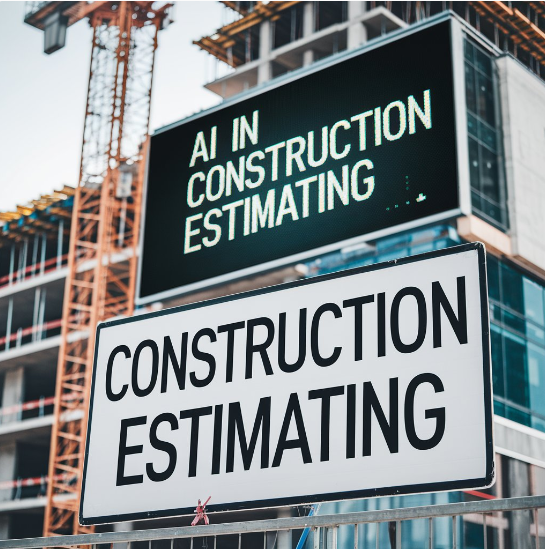
1. Improved Accuracy
Machines, like AI, can improve the accuracy of the estimates through their analytical analysis since they are capable of handling more volume of data. It helps avoid budget overruns as well as guarantees that the budget for the project is adhered to.
2. Time Efficiency
Estimators avoid boring and odious activities such as quantity takeoffs and document analysis, which are also extremely time consuming, and instead do more valuable work such as value engineering and risk management.
3. Enhanced Decision-Making
Factors such as the use of AI have also enabled estimators to work by utilizing information that is right at that time, thus fostering good decision making. Estimators will be given analyses and cost estimates based on different parameters making it possible to select the cheaper options.
4. Scalability
Estimation systems powered by artificial intelligence are easily designed for most complex and massive undertakings given that they will be results. This ranges from the most basic house constructions to elaborate commercial and engineering facilities.
5. Competitive Advantage
In effect, such companies can make more accurate estimations while at the same time remaining profitable and making more competitive bids. In a market where competition is stiff, this can be a great benefit.
Challenges in Implementing AI for Construction Estimating
1. Data Quality and Availability
For the successful execution of AI technologies, there are prerequisites which are unarguably large volumes of quality data. In the context of the construction sector, however, these data may be dispersed, disparate or quite stale, hence making it hard to create sound reliable AI systems that operate optimally.
2. Integration with Existing Systems
There are a number of construction management software and systems that a majority of construction companies have been stagnant using such systems and this poses a challenge for AI oriented solutions. Interfacing AI technologies with these software may demand extensive processes on resources and periods.
3. Skill Gap
Technology development in the construction industry has always been outstanding in comparison with many industries. The use of AI is technologically advanced and competent labor force retraining will be expensive in case data has to be mined.
4. Cost
The up front costs needed for implementing AI technology against the possible and or probable Returns On Investments made is still relatively on the higher end for the construction industry especially among the smaller construction companies. Regardless, the overall benefits from this transformation are nearly always greater than the initial costs.
5. Change Management
These changes come from top management and thus adopting such technology brings changes in culture more on management. Estimators and project managers need to trust AI predictions and the new software and application for the said estimations and practices.
The Future of AI in Construction Estimating
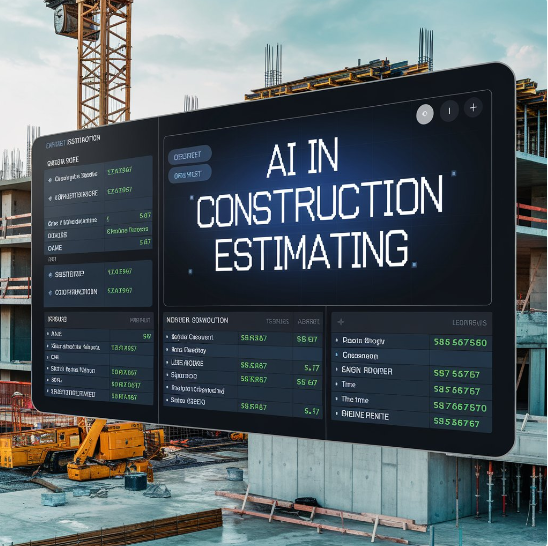
Based on foreseen outcomes, the future of AI in construction estimating is bright where there will be technological improvement in machine learning, data analytics, and integration capabilities. With the growing availability and usability of AI tools, it’s anticipated that a growing number of construction companies will embrace these tools in order to enhance their estimating capabilities.
1. AI-Driven Real-Time Estimating
In the times to come, AIs may provide clients with estimated costs revised according to live construction activities which would help in identifying and managing risks during the construction.
2. Enhanced Collaboration Tools
AI could enable such an improvement in different stakeholders who need to interact ‘estimate’ information by making it possible to collate the data for analysis and sharing.
3. AI-Powered Virtual Assistants
AI aided virtual assistants may relieve estimators from duties related to scheduling, allocating resources, or managing change orders and this will complete the estimating function.
4. AI for Sustainability
Other than the scale for estimating materials for an ordinary construction work, AI can be used in a green construction work for instance for materials and processes that are eco-friendly.
Conclusion
Contrary to the past trends, AI is bringing new levels of precision, speed and comprehension towards the construction estimating process. Although there are barriers to be crossed, the potential benefits of AI are enormous. It is businesses that incorporate AI in their workflows of estimating that would complete their projects on schedule and within the expected budget making them competitive in the industry. Looking forward, as that technology advances, so will the effectiveness of AI in construction estimating processes.
FAQs: AI In Construction Estimating
1. What types of AI technologies are used in construction estimating?
Image recognition, machine learning or natural language processing are typical examples of artificial intelligence technologies that are incorporated in construction estimating e.g. quantity takeoff, cost estimation and other analyses.
2. How does AI improve the accuracy of construction estimates?
AI stands for analytical intelligence which has the ability to research specific patterns within vague parameters; therefore, any cost estimation can become more accurate depending on several project parameters.
3. Can small construction companies benefit from AI in estimating?
That is true, AI is useful even to small sized construction companies since it can assist in carrying out time consuming processes and generating accurate estimates hence enabling them to compete with big companies.
4. What are the main challenges of implementing AI in construction estimating?
To that effect, there are challenges like availability and quality of the data, how it is correlated and integrated with other existing systems, skills, knowledge and training gaps and the upfront cost implications of taking up such technologies.
5. What is the future of AI in construction estimating?
Employed existing and appealed prospective aspects and technologies for the future of performing construction works with AI integration in future.
